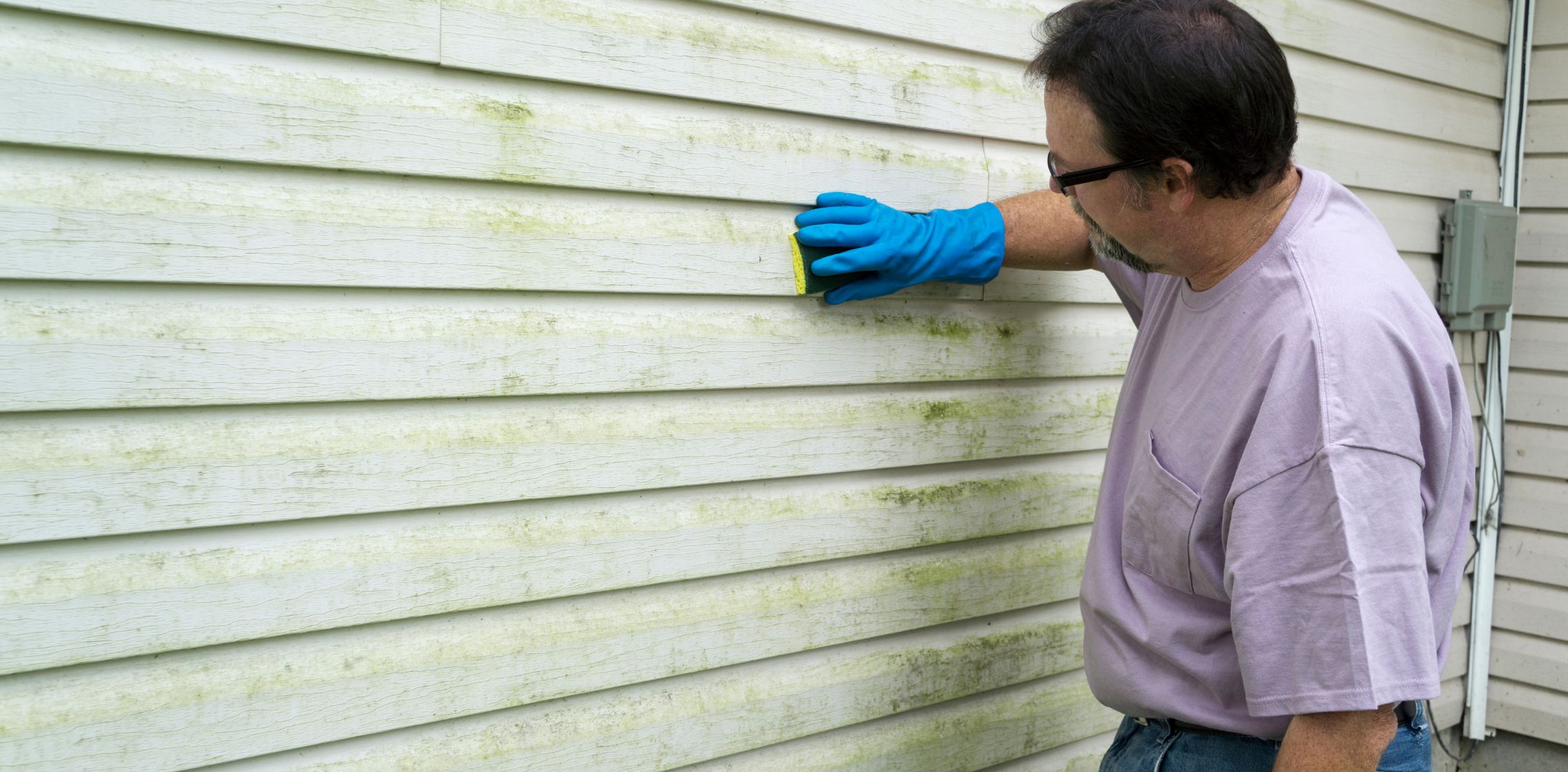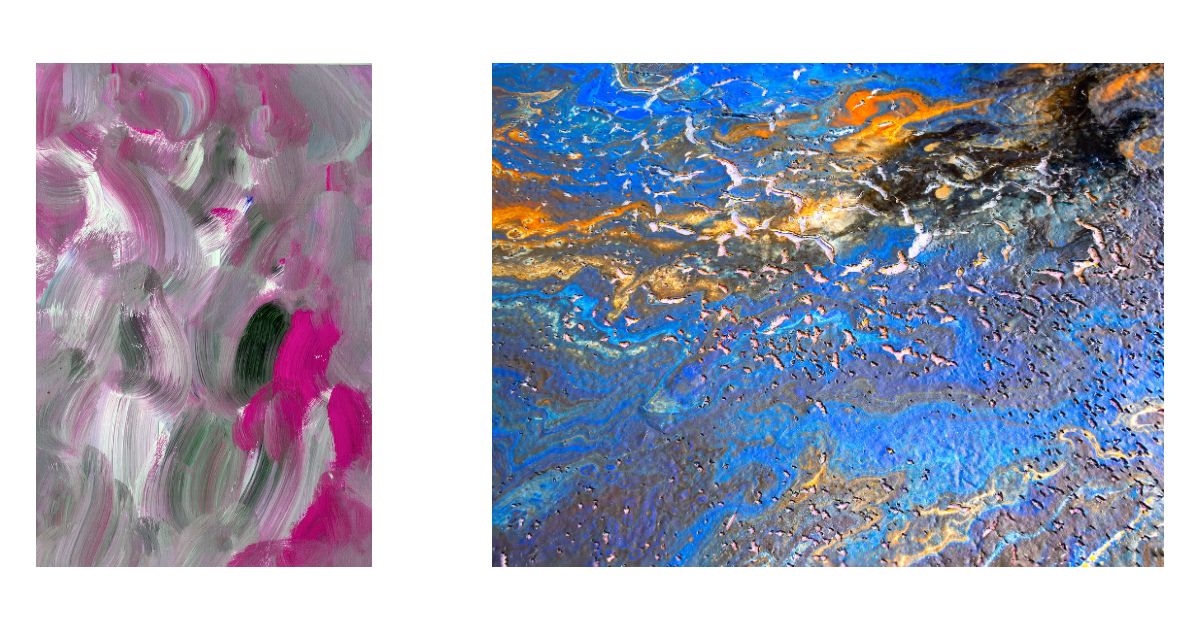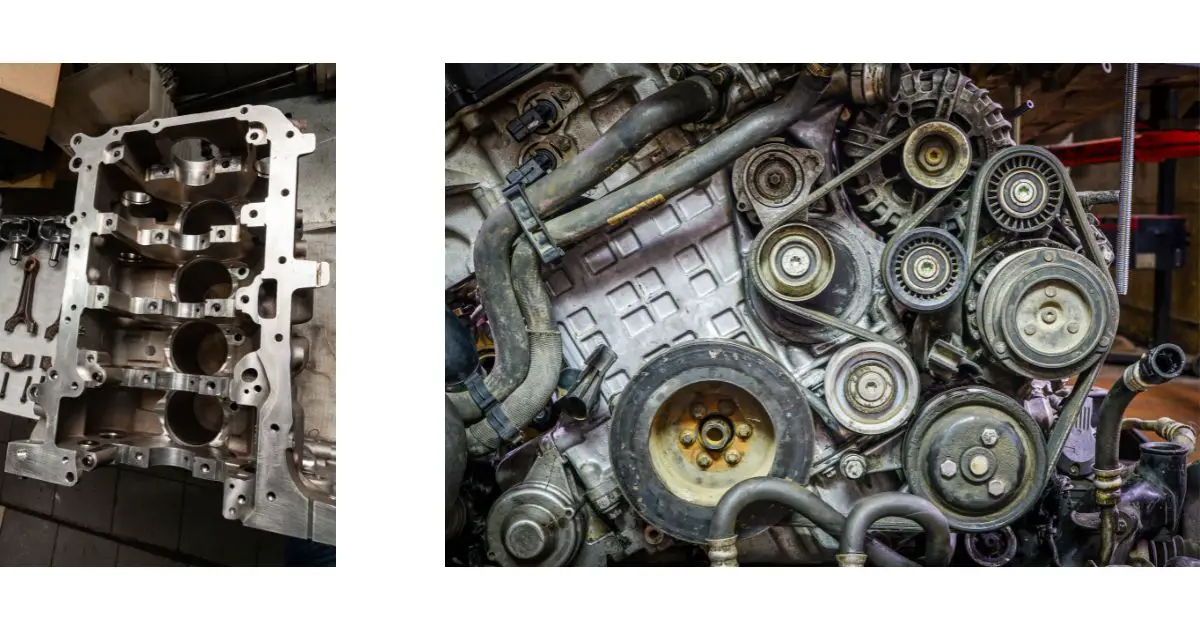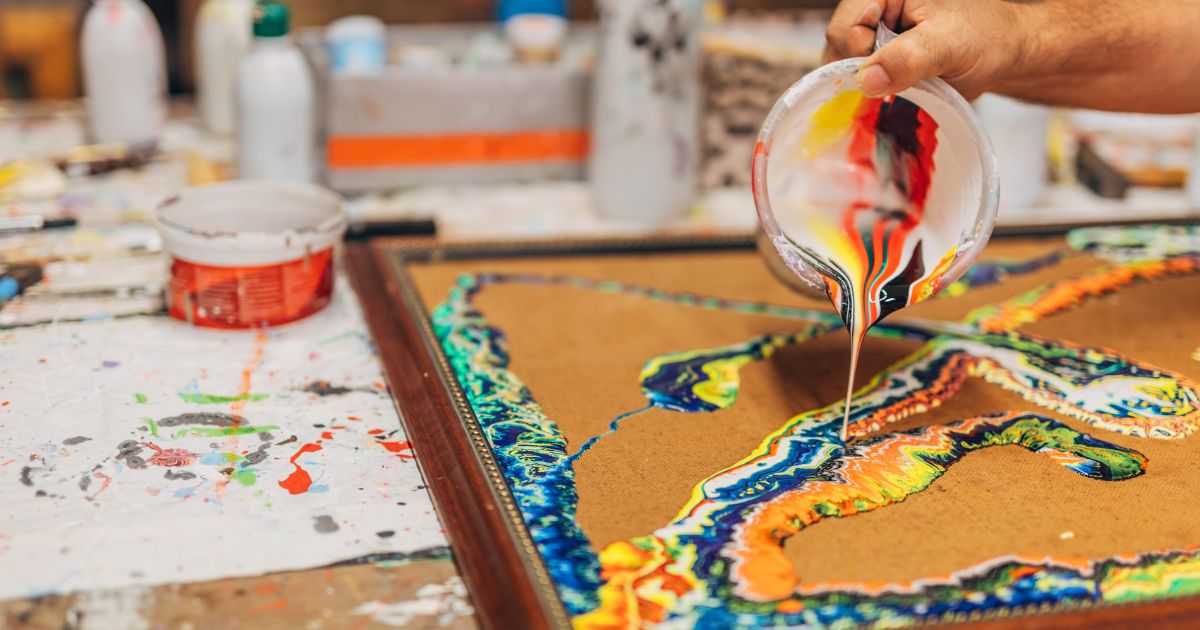Most people believe that painting an intercooler is bad because it can cause the paint to chip and flake off, which can then lead to engine problems. However, there are a few benefits to painting an intercooler, such as the fact that it can help to protect the intercooler from corrosion and other damage.
If you’re thinking about painting your intercooler, you might want to think again. While it might seem like a good idea to give your car a little bit of extra style, painting your intercooler can actually be bad for its performance. The intercooler is responsible for cooling the air that comes into the engine, and if it’s not working properly, it can lead to big problems.
Paint can prevent the intercooler from doing its job properly, and it can also cause the intercooler to rust. So, if you’re thinking about painting your intercooler, you might want to reconsider. It’s not worth sacrificing the performance of your car for a little bit of extra style.
Black Intercoolers Mythbusted
Best paint for intercooler
If you’re looking for the best paint for your intercooler, you’ve come to the right place. In this blog post, we’ll provide detailed information about the best paints for intercoolers, as well as some tips on how to choose the right paint for your needs. Intercoolers are an important part of many car engines, and they need to be able to withstand high temperatures and pressures.
That’s why it’s important to choose a paint that can withstand these conditions. There are many different types of paints that can be used on intercoolers, but not all of them are created equal. Some paints are better than others at withstanding high temperatures, while others are better at resisting corrosion.
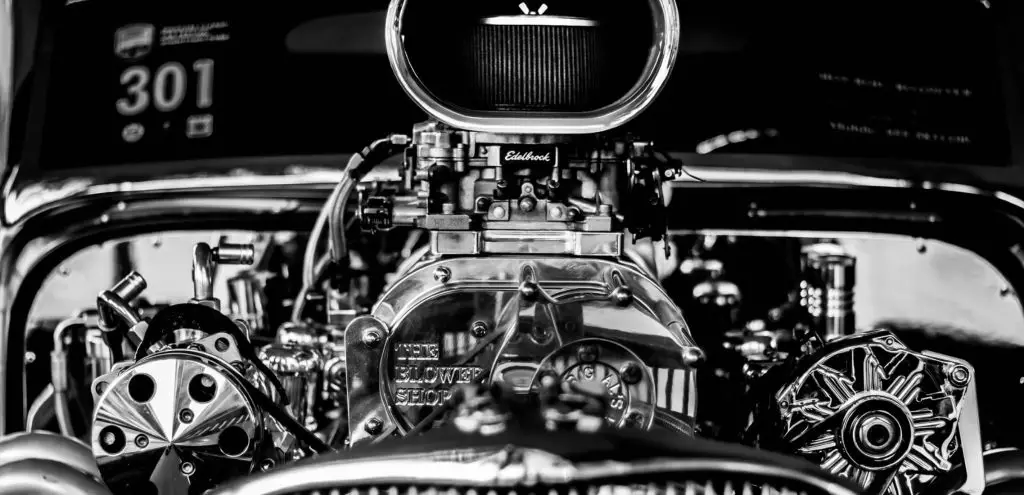
When choosing a paint for your intercooler, it’s important to consider the conditions that it will be exposed to. If you’re looking for paint that can withstand high temperatures, we recommend using a high-temperature-resistant paint. If you’re looking for paint that can resist corrosion, we recommend using corrosion-resistant paint.
Once you’ve decided on the type of paint you need, it’s time to choose a color. The color of your paint should be based on the color of your intercooler. If you have a white intercooler, we recommend using white paint.
If you have a black intercooler, we recommend using black paint.
Can you paint a logo on an intercooler?
Assuming you are talking about a car intercooler, the answer is yes you can. You would want to use a high temp paint and probably clear coat it as well.
Can you paint intercooler fins?
Intercooler fins are often painted to match the color scheme of a car or to add a personal touch. Many people believe that painting intercooler fins can improve the performance of the intercooler by increasing the surface area that is exposed to airflow. However, there is no scientific evidence to support this claim.
In fact, painting intercooler fins can actually decrease the performance of the intercooler by blocking airflow and causing the fins to overheat.
Can you spray paint intercooler piping?
If you want to change the color of your intercooler piping, spray painting is an option. However, there are a few things to keep in mind. First, you’ll need to remove any dirt or debris from the piping.
Next, sand the piping to rough up the surface and help the paint adhere. Once the piping is clean and prepped, you can apply a primer and then the paint. Be sure to let each coat dry completely before applying the next.
With a few careful steps, you can give your intercooler piping a new look.
How do I get paint off my intercooler?
If you’ve got paint on your intercooler, there are a few ways you can go about getting it off. One way is to use a chemical stripper. This will require some elbow grease, but it will get the job done.
Another way is to use a sandblaster. This will remove the paint quickly, but it can also damage the intercooler if you’re not careful. The best way to remove paint from an intercooler is to use a high-pressure washer.
This will remove the paint without damaging the intercooler.
Conclusion
If you’re considering painting your car’s intercooler, there are a few things you should know. First, painting an intercooler can negatively affect its performance. The paint will act as an insulator, trapping heat inside the intercooler instead of allowing it to dissipate.
This can lead to increased temperatures and decreased performance. Additionally, the paint can also chip and flake off, which can clog the intercooler and cause even more problems. So, unless you’re prepared to deal with potential performance issues and increased maintenance, painting your intercooler is probably not a good idea.


